Michael Porter’s scholarship is seminal in any state-of-the-art business degree. LBS students encounter Professor Porter’s concepts of strategic management, the value chain, regional clusters, and competitiveness at all stages of their studies. But in March 2015, the students of our master’s programs in International Management and Leadership and in Banking, Finance and Compliance had the opportunity to attend a real Harvard Microeconomics of Competitiveness (MOC) class.
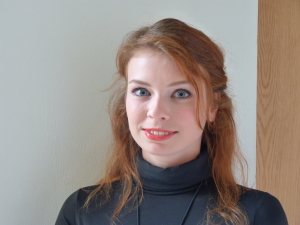
“The Harvard MOC cases visualized what a cluster is all about. Now my project group will apply this to the Hollywood movie cluster.” Polina Kirchev (Israel), International Management and Leadership 2013
“Even though I studied Porter’s Diamond Model quite early on in my degree, I have only now discovered as to how countries can act strategically to change the performance of a society and its citizens”, Colombian IML 2013 Andrés Felipe Uprimny recounts his transformative learning experience. His classmate Fernando Boklis, who took a break from his career in the planning department of the government of Rio Grande do Sul in Brazil to pursue a master’s degree at LBS, seconds this view. “The case studies on Remaking Singapore and Finland after the Nokia crisis showed how strategic decisions in organizations and governments can really change the history and direction of a region.”
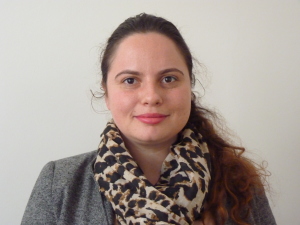
“The cutting-edge cluster cases underlined how IT will influence our lives in every respect beyond what we are used to nowadays.” Marina Sirkis (Israel), International Management and Leadership 2013
Major business schools affiliated with the Harvard MOC network offer such MOC classes in advanced degree programs worldwide. Based on the highly esteemed Harvard Business School curriculum, students explore Porter’s key concepts by means of numerous cases and an independent project. According to Polina Kirchev (IML 2013), “It’s a combination of theory, practical evidence, guest lectures and cases which offer a multi-level analysis of the company-, industry-, economic and social spheres.” Only Harvard-trained faculty is qualified to convene MOC courses. At LBS, they are delivered by Prof. Dr. Christopher Kummer (IML) and Prof. Dr. Pablo Collazzo Yelpo (BFC).
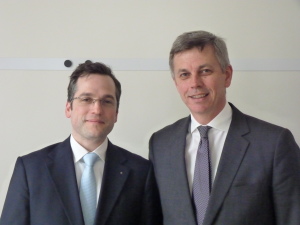
Dipl.-Ing. Martin Winkler, Managing Director Oracle Austria (with MOC course teacher Prof. Dr. Christopher Kummer)
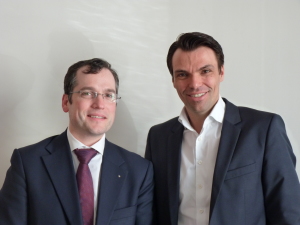
Mag. Jochen Borenich, MBA, COO Kapsch BusinessCom (with MOC course teacher Prof. Dr. Christopher Kummer)
MOC emphasizes the interplay of strategic decision-making in businesses, their regional embeddedness in clusters and the macro-economic environment. Two top-notch speakers from the corporate world, Oracle Austria Managing Director Martin Winkler and Kapsch BusinessCom COO Jochen Borenich, provided fascinating insights into what strategy and the strategic anticipation of technological change mean for globally competitive enterprises. Cloud business models and the ability of future managers to work with disruptive business models were among the most thought-provoking topics discussed in their lectures.
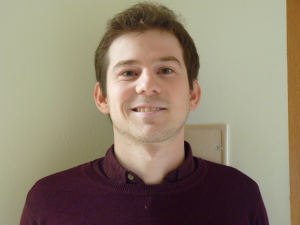
“Any organization has to keep up with rapidly advancing technology. Otherwise they are prone to fall behind others, such as Nokia and Kodak.” Fernando Boklis (Brazil), International Management and Leadership 2013
To stay competitive both as a company and as a country, collaboration in clusters proves indispensable. Jochen Borenich’s presentation of Kapsch’s leading role in the ICT Austria cluster inspired the course participants to analyze the competitiveness of selected clusters in team projects. Many students opted for the study of an Austrian cluster to increase their knowledge of doing business locally. Based on a profound analysis of the Austrian Aeronautics Industries Group, Czech BFC 2014 student David Grünfeld Kralík concludes that companies in a cluster “do not cooperate only on a superficial level; however they strengthen their ties to utilize its full potential and expand their business”. Such cooperation often includes overcoming bureaucratic burdens and harvesting support from regional authorities.
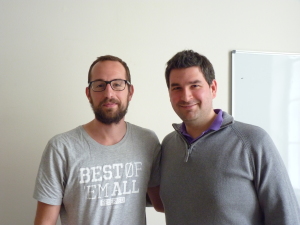
“Universities and the private sector are interconnected. The extension of curricula can lead to the improvement of an industry cluster.” David Grünfeld Kralík (Czech Republic), Banking, Finance and Compliance 2014 (on the left; with his co-author Miloš Winter Bogdanović)
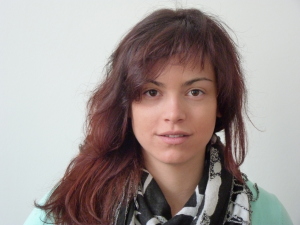
“Knowing how to use MOC-related concepts is important to improve yourself, your company or your industry.” Dina Salzberger (Serbia), International Management and Leadership 2013
The most eye-opening moment for the BFC cohort was the idea of co-opetition, i.e. cooperation to enhance competitiveness. One project on the Food Cluster of Lower Austria aptly demonstrated how to create synergies, manage innovation, and devise joint solutions in an Austrian border region. Marina Sirkis, an IT specialist from Israel currently enrolled in IML 2013, engaged in a project on the Austrian Information Technology Cluster. She stresses that the MOC course provided a unique venue to investigate the economic atmosphere of regions which are less on the map in standard textbook literature – from Austria to Asia.
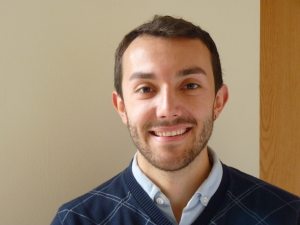
“Being more open to factors such as collaboration with public institutions, local clusters and the technology sector” Andrés Felipe Uprimny (Colombia), International Management and Leadership 2013
MOC aims to be more than a regular subject of the BFC and IML curricula. It is a capstone course which meaningfully connects various study modules and opens up path-breaking perspectives for future inquiries. Serbian IML 2013 student Dina Salzberger is heading to the consultancy business after graduation. “Understanding industry clusters and applying the MOC concept is definitely helpful for my prospective career”, she states. Polina Kirchev, who will continue with a PhD, values the independent project work as an essential component of any MOC class. BFC student David Grünfeld Kralík is curious to find out how the MOC concept can be applied in an ever more regulated and synchronized financial industry. Generally speaking, “I believe I have significantly improved my problem solving skills, which is a vital ability for any future career”, David Grünfeld Kralík sums up his Harvard MOC experience.

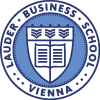
Recent Comments